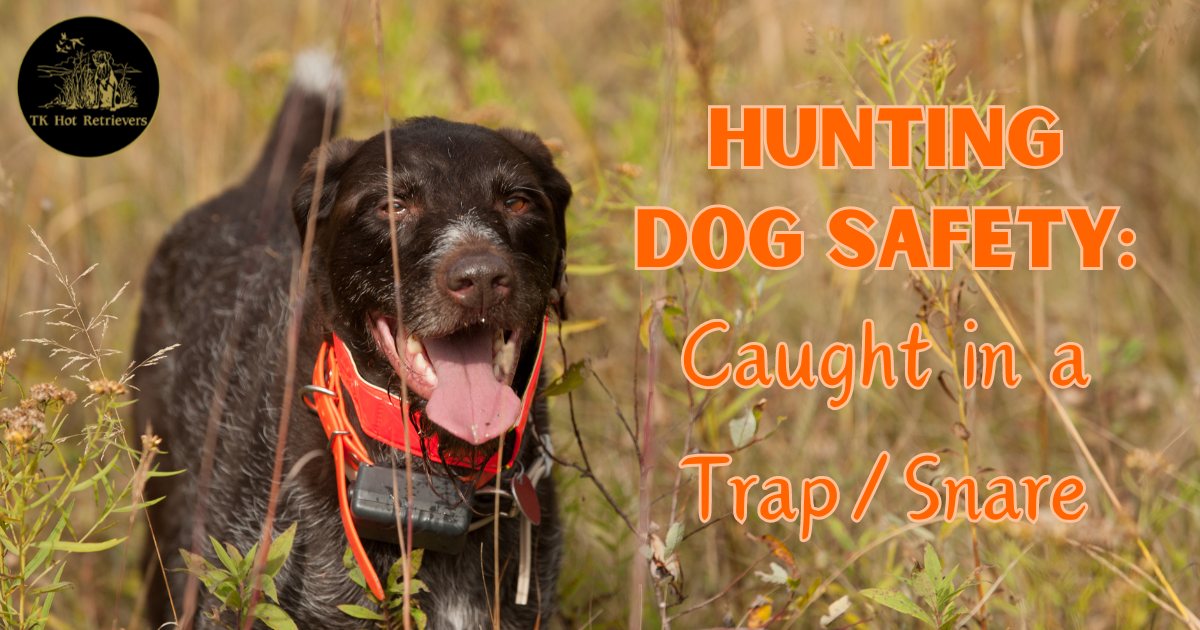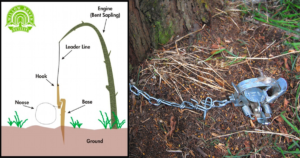What to Do if Your Dog Gets Caught in a Hunting Trap or Snare

Exploring the great outdoors with your hunting companion is a source of endless joy, but sometimes unexpected challenges may arise! One such concern is the potential encounter with hunting traps or snares. Fear not, pet parents! Keep reading to explore what to do if your Labrador is caught in a hunting trap, turning a potentially stressful situation into a calm, controlled adventure.

Stay Calm and Assess the Situation
Take a deep breath! Your dog senses your emotions, so staying calm is crucial. Assess the situation from a safe distance to understand the type of trap or snare your dog has encountered. Knowledge is your best ally in these situations.
Do Not Attempt to Free Your Dog Immediately
Resist the urge to jump in and free your dog right away. Some traps may be complicated or dangerous; attempting to release your pet without a clear understanding can lead to further harm. Instead, focus on keeping your dog calm and minimizing their movements. Wire cutters may be helpful for a slipknot trap, but clamping mechanisms require a professional.
Secure Your Dog
If possible, secure your dog in a way that prevents them from further injuring themselves or exacerbating the situation. Use a leash or any available material to gently tie them to a stable object. This helps control their movements and provides a safer environment for both of you.
Contact Emergency Services
Call local animal control or emergency services immediately. They are equipped to handle these situations and dispatch professionals with the expertise to free your dog safely. Provide them with accurate information about your location and the type of trap involved.
Use Protective Gear
If you have protective gear, such as thick gloves, use them to inspect the trap carefully. Avoid touching it directly, as some traps may still be active. Your safety is paramount, and taking precautions is essential!
Document the Situation
Also, take photos or make notes about the trap and your dog’s condition. This documentation is valuable for veterinary care and any potential legal matters that may arise.
Reassure and Comfort Your Dog
While waiting for help to arrive, reassure and comfort your dog. Talk to them in a soothing tone, and if possible, offer treats or familiar items to help keep them calm.
Follow Up with Veterinary Care
Even if your dog appears unharmed, visit the veterinarian for a thorough examination. Some injuries may not be immediately apparent, and prompt medical attention is crucial for your dog’s well-being.
Check out these related blogs for more hunting safety tips!
Safety Tips for When You Take Your Dog Hunting